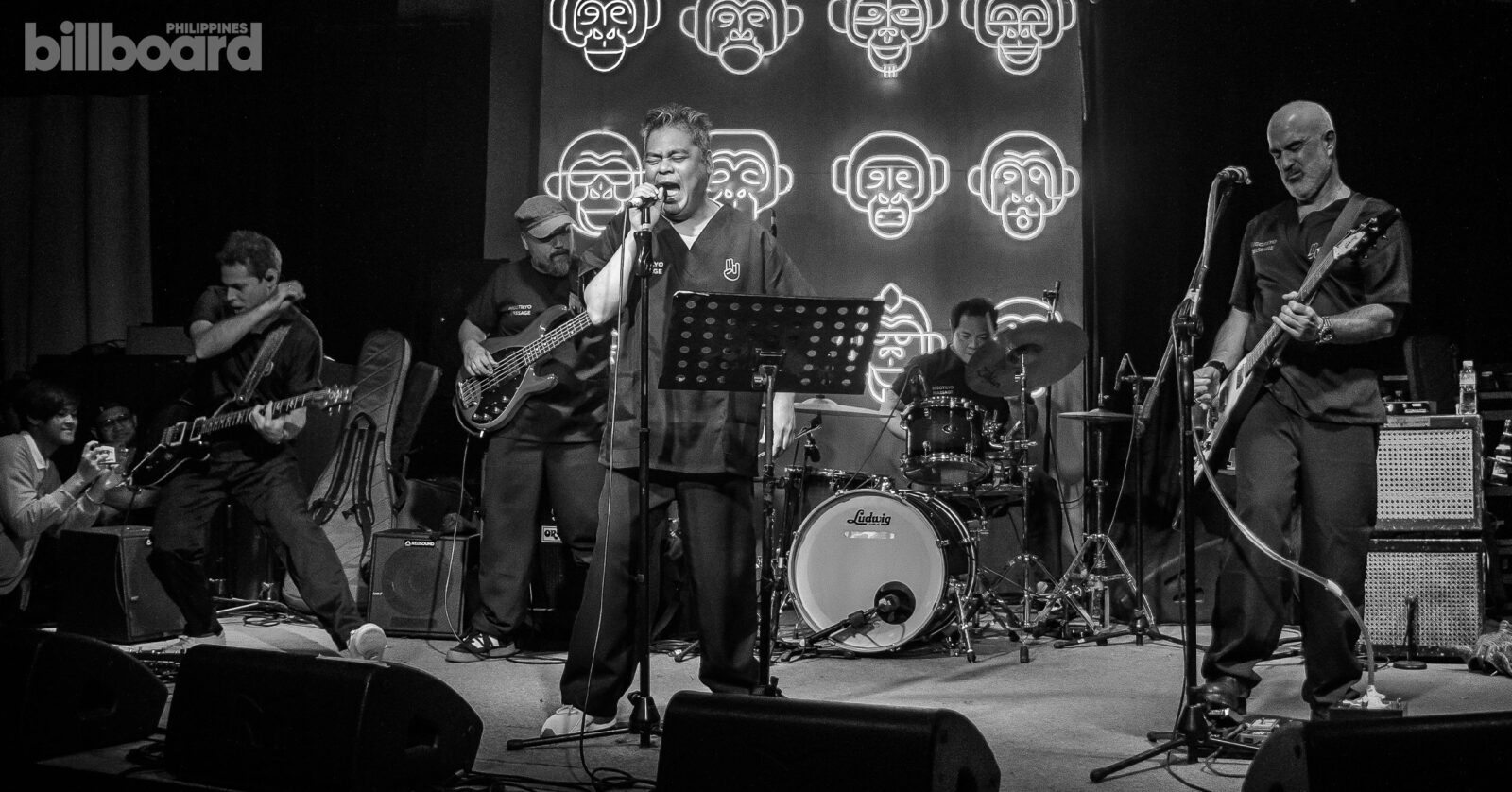Wild Boars: How Razorback Refuse To Slow Down
Thirty-three years and counting, these old boys of hard rock show no indication of slowing down or playing softly.

It’s almost 8:30 and I sit waiting in one of the offices with only the ambient light of the common area coming through the glass. First in the Zoom room is Patrick Pulumbarit, not the band’s first manager but certainly the longest. Next is Marco Cuneta, the band’s oldest sessionist and, I think, the newest member following the exit of bassist Louie Talan in 2019. We three become preoccupied between catching up and getting-to-know-each-other stories that I fail to notice the three members in the waiting room — current drummer Francis Aquino, singer Kevin Roy, and guitarist Tirso Ripoll. They just came from their Christmas party the night before where Roy kept playing new wave songs that Ripoll could relate to (finally) but didn’t know. “Yeah, new wave stuff, which is cool, but I was just not into it at the time, you know, when you're into Iron Maiden… but..
This content is available to our subscribers. Subscribe now to access premium stories and e-magazine library.
